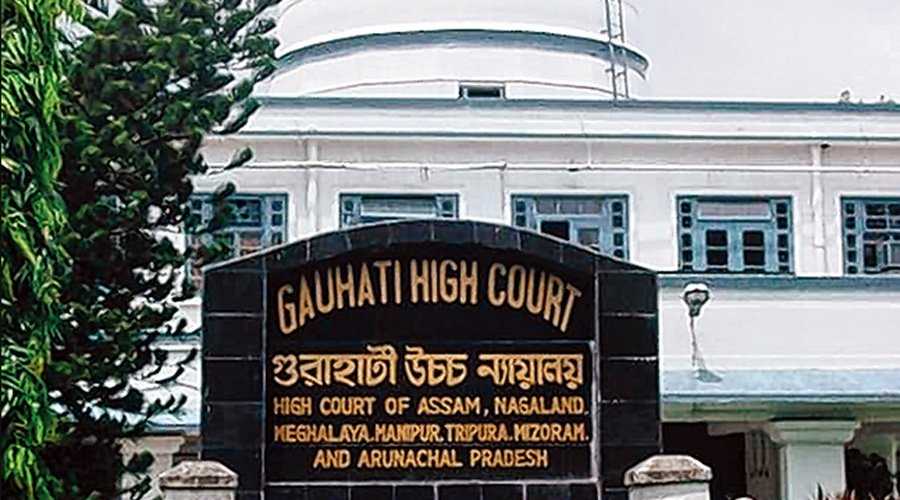The power to impose a law does not mean a free-for-all. The Gauhati High Court put aside a foreigners tribunal’s decision for the first time; earlier decisions had been referred back to the FT. The Barpeta FT had declared Haider Ali a foreigner for failing to establish links with ‘all’ his relatives on the voters’ list. The high court reportedly declared that he was an Indian citizen since he was able to establish his relationship with his grandfather and father whose names were on voters’ lists preceding March 1971, the cut-off date for the National Register of Citizens. The high court’s remarks pointed to arbitrariness and opacity in the FTs’ dealings. One, the fact that Mr Ali did not establish his relationship with other relatives on the voters’ list did not subtract from the credibility or substance of the documents he produced to show his connection with his father and grandfather. Two, no explanation is given to persons who are declared non-citizens and no examination made of the investigation against them. Presumably, they cannot defend their citizenship without knowing why they lost it. Three, as the people have to prove they are citizens, they must be given every opportunity for proof, even if additional documents are produced after the written statement. This judgment is expected to provide great support to those trying to prove their citizenship before the tribunals.
The Gauhati High Court addressed another form of arbitrariness when upholding the bail order of Akhil Gogoi, an activist arrested under the Unlawful Activities (Prevention) Act for protesting against the Citizenship (Amendment) Act in 2019. The National Investigation Agency special court, not finding convincing reasons in the NIA’s chargesheet to detain Mr Gogoi, had given him bail. The UAPA is a law against terror, but its ambiguous wording allows the administration to use it for other reasons, most often against dissent. The high court reportedly pronounced that civil disturbances do not come under the UAPA’s purview, even when there is arson or violence, as long as there is no intention to disturb the country’s unity, integrity, security and sovereignty. Detention becomes the punishment, since the UAPA makes bail difficult. The high court’s decision resonates far beyond Mr Gogoi’s case at a time when the reigning dispensation is being accused of repeatedly misusing the UAPA.












